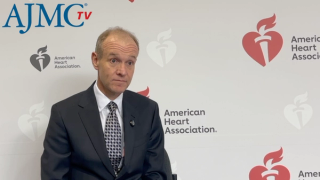
Cardiorenalmetabolic
Latest News
Latest Videos

Shorts



Podcasts
CME Content
More News
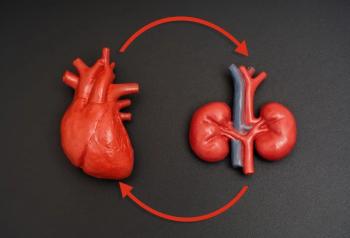
Dyslipidemia significantly impacts cardiovascular risk in chronic kidney disease, necessitating tailored lipid management strategies for optimal patient outcomes.

Roy Mathew, MD, discusses integrating nephrology and cardiology to bridge the gap in patient adherence and care delivery.

Telehealth Intervention by Pharmacists Collaboratively Enhances Hypertension Management and Outcomes
Patient interaction and enhanced support with clinical pharmacists significantly improved pass rates for a measure of controlling blood pressure compared with usual care.
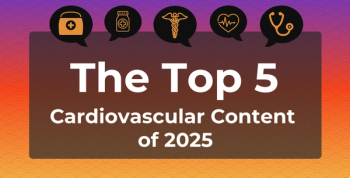
New treatments, care gaps, and cardiac monitoring were major focuses in cardiovascular news this year.
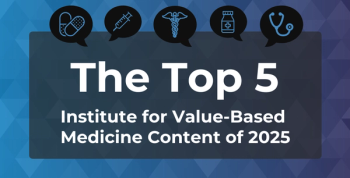
From oncology to cardiology, Institute for Value-Based Medicine® conversations highlighted the ways value-based care is reshaping access, equity, and outcomes.

The cardiac myosin inhibitor is expected to be available in the US in the second half of January 2026.

Genetics played a major role in predicting worsening LVEF, progressing to a dilated cardiomyopathy phenotype, and a combined end point of both.

The meeting included new evidence and expert insights on hormone therapy, AI, and the expanding role of GLP-1 therapies in cardiovascular care.

Intranasal etripamil was approved to self-treat episodes of paroxysmal supraventricular tachycardia, supported by phase 3 RAPID trial data.

Lerodalcibep-liga subcutaneous injection is now approved for adults with hypercholesterolemia, including heterozygous familial hypercholesterolemia.

Experts convened in Cleveland, Ohio, on November 11, 2025, to discuss the evolution of cardio-renal-metabolic care from treatment of individual diseases to team-based, population-focused care.

Semaglutide, sotatercept, and bentracimab trials were attendees’ main focus at the American College of Cardiology 2025 Annual Scientific Session.

Academic and clinical experts convened in New Haven, Connecticut, on October 30, 2025, to discuss the potential of coordinated care and prevention to manage cardio-renal-metabolic (CRM) disease.

Clinicians and health system leaders met in Cleveland, Ohio, on October 23, 2025, to share improvements to value-based care in diabetes and chronic kidney disease.

A phase 2 trial demonstrated substantial weight loss with the long-acting peptide–antibody conjugate, as well as other cardiometabolic improvements.

Experts met in Park City, Utah, on October 7, 2025, to discuss how new technologies can help address chronic kidney disease.

Patients aged 30 to 40 years with type 1 diabetes had the highest risk of sudden cardiac death, according to 2010 data from Denmark.

Speakers at the Institute for Value-Based Medicine event held September 18, 2025, in Nyack, New York, spoke about methods of managing cardio-renal-metabolic disease.

Payer and health system leaders convened in Pittsburgh, Pennsylvania, on September 9, 2025, to discuss the interconnected health conditions of cardiovascular-kidney-metabolic (CKM) syndrome.
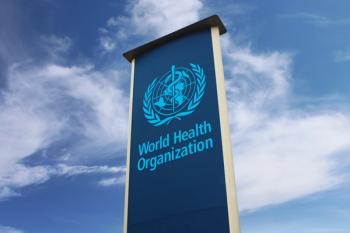
The guidelines highlight the need for lifelong obesity management, early diagnosis, comorbidity prevention, and patient-centered care.

Phase 3 OCEANIC-STROKE data show how asundexian offers a potential new secondary stroke prevention option.

Long-term data suggest stress echocardiography can uncover impaired exercise capacity and predict worse outcomes in patients.

Sibeprenlimab gains accelerated approval from the FDA for IgA nephropathy, showing significant proteinuria reduction and offering convenient self-injection treatment.

After 8 months of treatment with mavacamten, 5% of patients developed new atrial fibrillation or flutter and 4% developed heart failure.

A case-crossover study found that extreme heat increased mortality between 10% and 18%, with higher risks in vulnerable groups.




